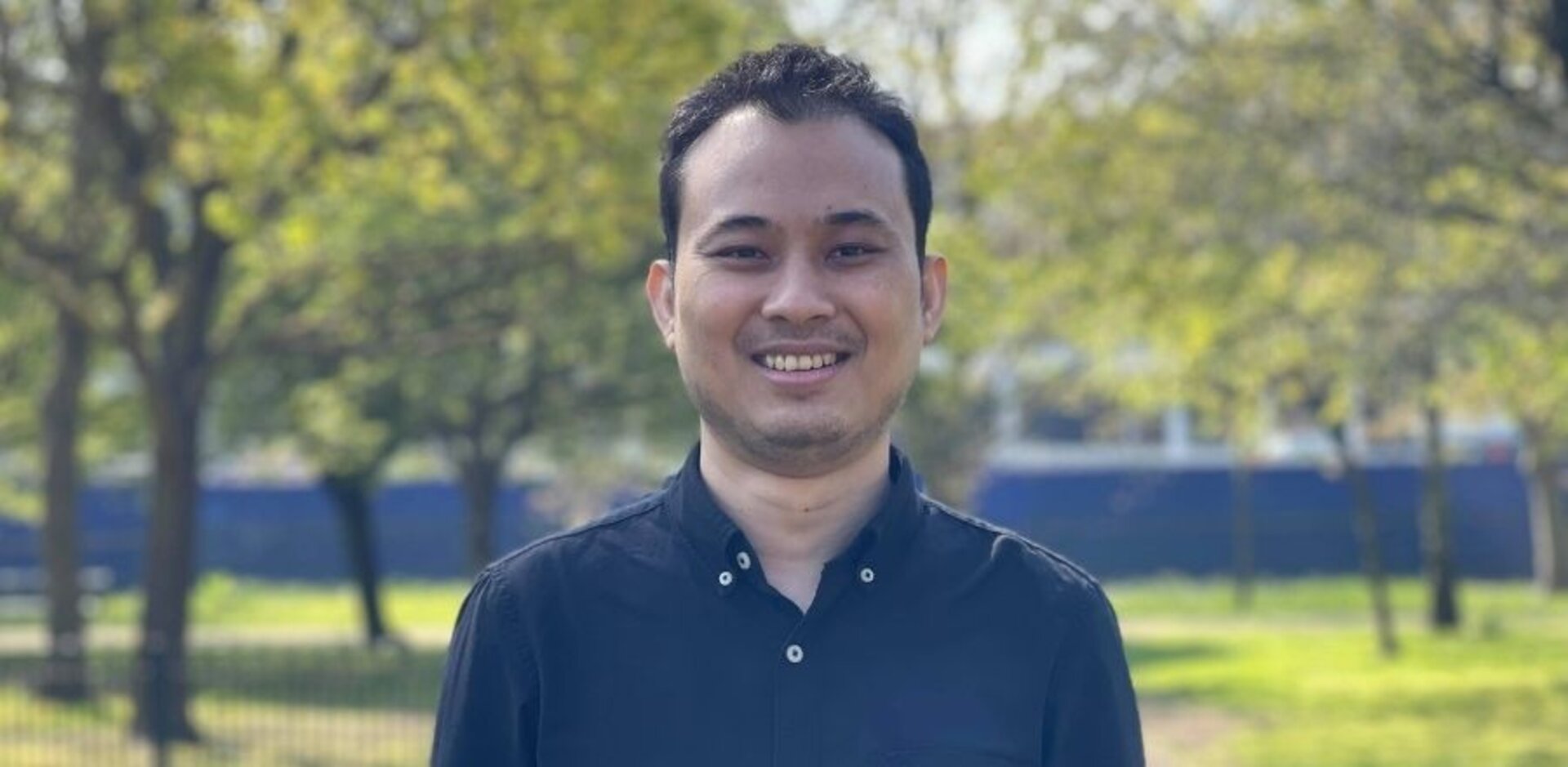Myanmar PHD student prepared for future after GCU experience

A GCU PHD student has opened up on his successful educational journey, which saw him travel over 5000 miles from South-East Asia to study in Glasgow.
Aye Chan Paing recently completed his PHD viva with minor corrections and we caught up with him to hear about everything from his studies to his thoughts on Scotland.
Tell me about how you ended up studying at GCU?
I wanted to provide optimal health care or to improve health care to those with type 2 diabetes; therefore, I decided to learn more about the disease. In 2013, I came to Glasgow to study MSc Diabetes Care and Management at Glasgow Caledonian University and got the MSc (with Distinction) in early 2015. Moreover, I won the Prize for the Best Overall Performance on the programme.”
What made you want to study at GCU?
“In 2012, I met Dr Jane Nelly, programme leader, in Yangon, Myanmar and we discussed the course, Glasgow Caledonian University and Glasgow. I also got information about the course, GCU and Scotland from some Burmese (Myanmar) students studying at Glasgow Caledonian University.”
After gathering information, I knew that it was the right choice for me. In September 2013, I left Myanmar to come to Glasgow to study MSc Diabetes Care and Management.
Scotland is beautiful, and the people are friendly, which is very important for an international student like me. I feel like I am warmly welcomed here.”
After completing your MSc, you then went on to study your PHD. What was it you were researching?
“My PhD title is ‘Sedentary time, Breaks in Sedentary time and Glucose Control in Type 2 diabetes.’ I have published a total of six peer-reviewed publications as a first author and one peer-reviewed publication as a co-author.
My PhD (Thesis) showed that:
- Glucose profiles are not well-controlled in those with type 2 diabetes on diet management and anti-diabetes medications, so improvement of current diabetes management is needed.
- Prolonged sedentary time is associated with poor glucose control and interrupting sedentary time with activity breaks is associated with better glucose control in those with type 2 diabetes.
- There were dose-response relationships between frequency of interrupting sedentary time with walking activity bouts and glucose control in those with type 2 diabetes.
The findings from my PhD will inform interventions to reduce sedentary time for glucose control in those with type 2 diabetes, and it will help improve health care (glucose control) in type 2 diabetes. This is one of the main reasons why I wanted to do my PhD.
In February 2021, I passed my PhD viva with a few minor corrections, which was a great honour. I have also presented my works at national and international conferences (both oral and poster presentations).”
How challenging was it to complete this during a global pandemic?
“Actually, it did not have significant impact on my studies as I have completed data collection and participant recruitment just before the start of this global pandemic. But, I do miss hanging out with my friends and colleagues.”
Did you feel supported by the University throughout your PHD?
What are your plans for the future?
By Ross Clark
Got an SHLS or GSBS story? Email me at Ross.Clark@gcu.ac.uk or message me on Twitter
